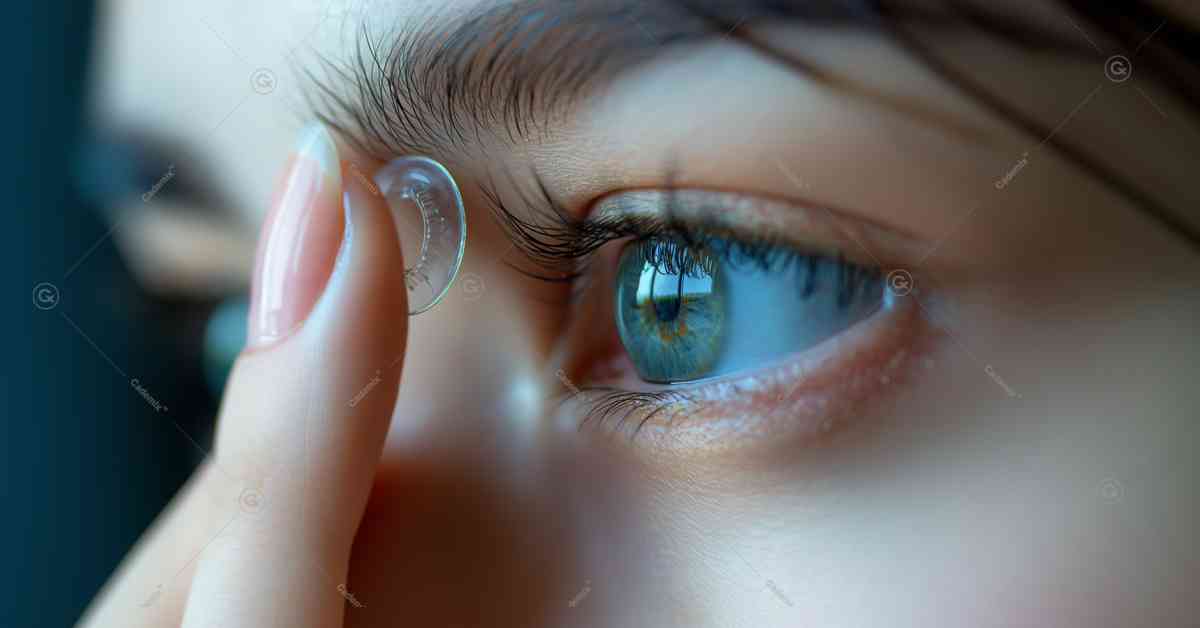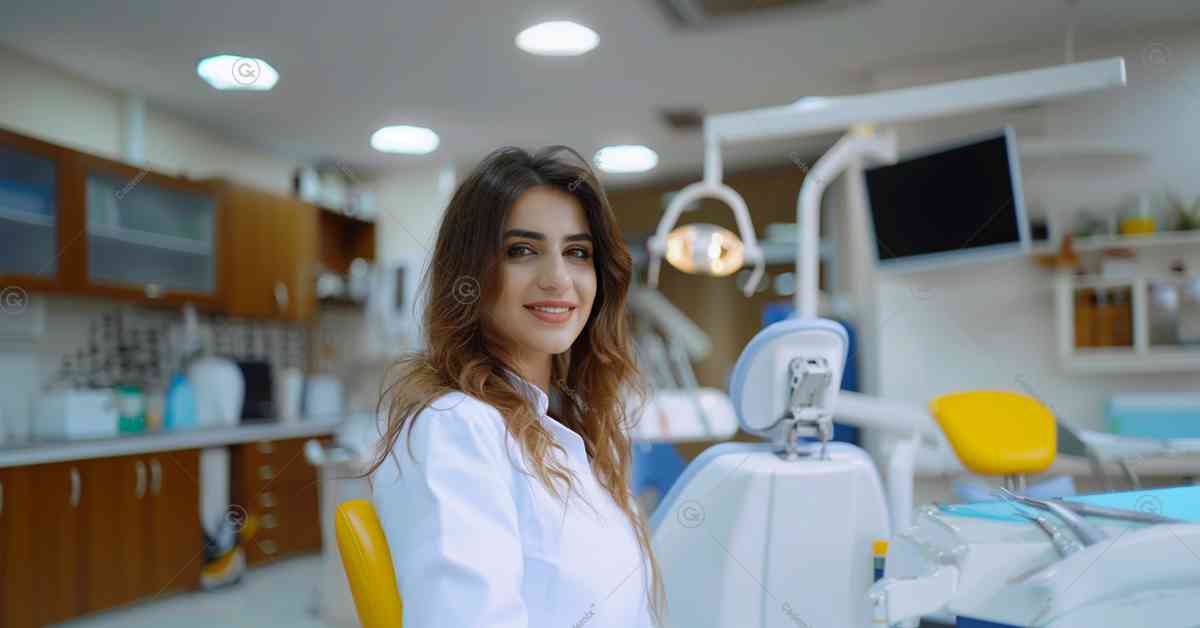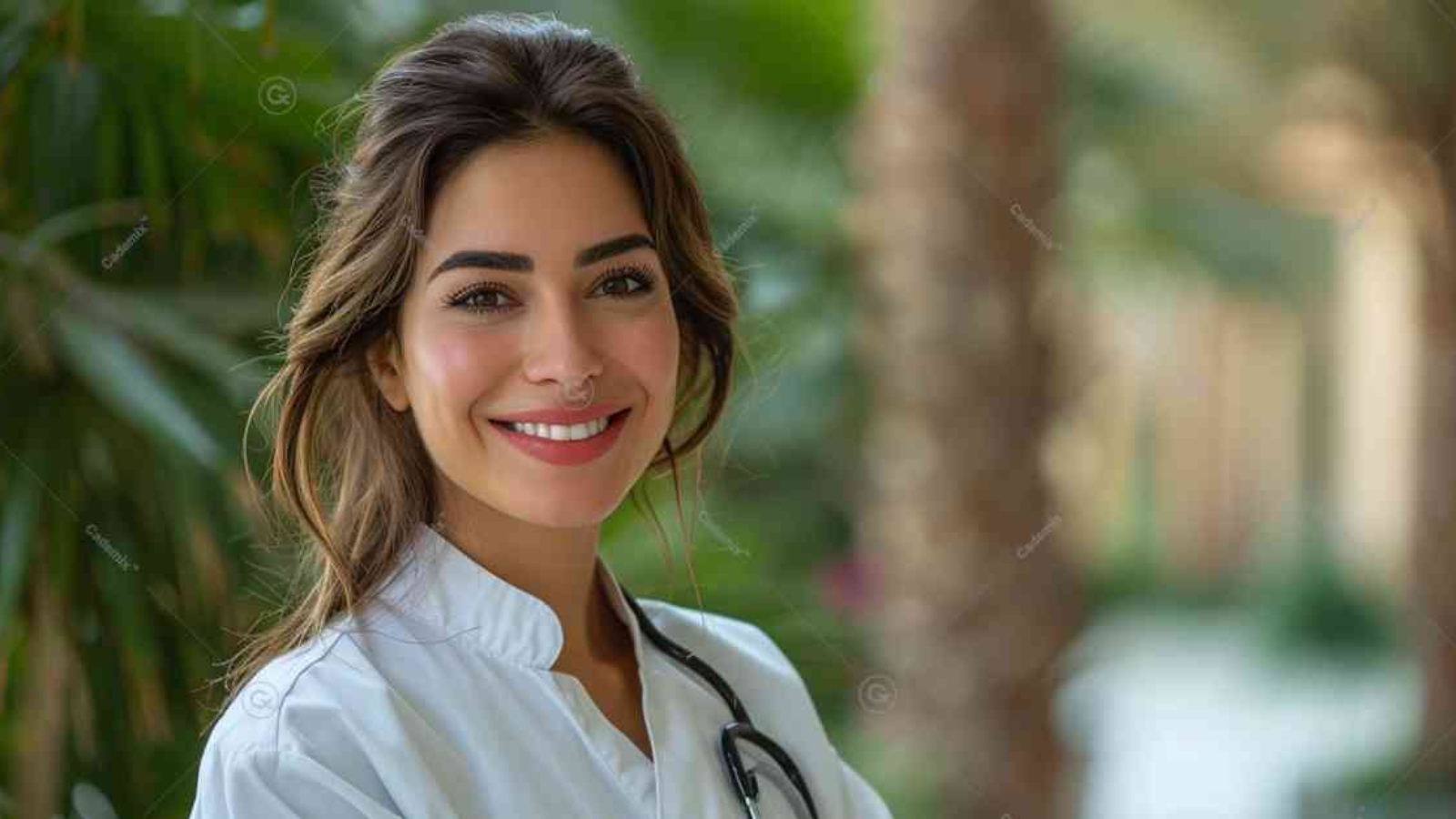Ensuring optimal eye health is essential for everyone. This article provides an in-depth guide to finding the best eye doctor to meet your needs, covering crucial factors such as qualifications, experience, and services offered.
eye doctor, optometrist, ophthalmologist, eye care, vision health, eye exam, eye surgery, eye specialist, eye clinic, glasses, contact lenses
Understanding Different Types of Eye Doctors
Optometrists: Primary Vision Care Providers
Optometrists are healthcare professionals who provide primary vision care, including sight testing and correction, diagnosis, treatment, and management of vision changes. They are trained to prescribe glasses and contact lenses and can diagnose and treat various eye conditions. They hold a Doctor of Optometry (OD) degree.

Ophthalmologists: Medical and Surgical Eye Specialists
Ophthalmologists are medical doctors specializing in eye and vision care. They diagnose and treat all eye diseases, perform eye surgery, and prescribe and fit eyeglasses and contact lenses. An ophthalmologist has a medical degree and specialized training in eye care.
Opticians: Eyewear Specialists
Opticians are technicians trained to design, verify, and fit eyeglass lenses and frames, contact lenses, and other devices to correct eyesight. They use prescriptions supplied by ophthalmologists or optometrists.
Factors to Consider When Choosing an Eye Doctor
Qualifications and Credentials
Verify the eye doctor’s credentials to ensure they have the necessary qualifications and certifications. Check if they are board-certified, which signifies they have met specific professional standards.
Experience and Specialization
Consider the eye doctor’s experience, especially if you have specific eye conditions requiring specialized care. An experienced doctor will be more adept at diagnosing and treating complex issues.
Services Offered
Different eye doctors offer varying services. Ensure the clinic provides comprehensive eye care, including routine exams, treatment for eye diseases, surgical procedures, and eyewear services.
Importance of Regular Eye Exams
Early Detection of Eye Diseases
Regular eye exams are crucial for early detection of eye diseases such as glaucoma, macular degeneration, and diabetic retinopathy. Early diagnosis and treatment can prevent vision loss and other complications.
Updating Prescriptions
Eye exams ensure your eyeglass or contact lens prescription is up-to-date, providing you with the best vision correction possible.
Overall Health Indicators
Eye exams can reveal signs of other health problems, such as diabetes, high blood pressure, and high cholesterol, making them an essential part of your overall health routine.
How to Prepare for an Eye Exam
Gather Medical History
Bring a comprehensive medical history, including any current medications and supplements, to help the eye doctor understand your overall health.
List of Symptoms
Prepare a list of any symptoms or vision problems you have been experiencing. This information is crucial for accurate diagnosis and treatment.
Bring Current Eyewear
Bring your current glasses or contact lenses to the appointment. This helps the doctor assess if your current prescription is effective.
Questions to Ask Your Eye Doctor
About Your Eye Health
- What tests will you perform during the exam?
- Are there any signs of eye diseases?
- How often should I have my eyes examined?
About Treatment Options
- What are the treatment options for my condition?
- Are there any side effects or risks associated with the treatments?
- How long will the treatment take, and what is the recovery process?
Choosing the Right Eyewear
Prescription Glasses
Selecting the right frames and lenses is crucial for comfort and optimal vision correction. Consider factors such as lens material, coatings, and frame style.
Contact Lenses
Discuss the best type of contact lenses for your needs, whether daily disposables, extended wear, or specialty lenses for conditions like astigmatism or presbyopia.

Sunglasses
Protect your eyes from harmful UV rays with quality sunglasses. Choose lenses that block 100% of UVA and UVB rays.
The Role of Technology in Eye Care
Advanced Diagnostic Tools
Modern eye care involves advanced diagnostic tools such as optical coherence tomography (OCT), fundus photography, and corneal topography. These tools provide detailed images of the eye, aiding in accurate diagnosis and treatment.
Laser Eye Surgery
Laser procedures like LASIK and PRK are popular for correcting refractive errors. These surgeries reshape the cornea to improve vision and reduce the need for glasses or contact lenses.

Common Eye Conditions and Their Treatments
Glaucoma
A group of eye diseases that damage the optic nerve, often due to high intraocular pressure. Treatment includes medications, laser treatment, or surgery to lower eye pressure.
Cataracts
A condition where the lens becomes cloudy, leading to blurred vision. Cataract surgery involves replacing the cloudy lens with an artificial one.
Macular Degeneration
A disease that affects the macula, leading to vision loss in the center of the visual field. Treatments include medications, laser therapy, and lifestyle changes.
Diabetic Retinopathy
A complication of diabetes that affects the retina. Treatments include laser surgery, injections, and controlling blood sugar levels.
Tips for Maintaining Eye Health
Healthy Diet
Consume a diet rich in vitamins and nutrients that support eye health, such as leafy greens, fish high in omega-3 fatty acids, and fruits.
Regular Exercise
Exercise improves blood circulation, which is beneficial for eye health. It can help reduce the risk of conditions like diabetes and high blood pressure.
Protective Eyewear
Wear protective eyewear during activities that could harm your eyes, such as sports or working with hazardous materials.
Conclusion
Finding the right eye doctor is essential for maintaining optimal eye health. Regular eye exams, proper eyewear, and understanding the latest treatment options are crucial steps in protecting your vision. For comprehensive eye care services, visit our clinic and explore our Acceleration Program, which includes CV reviews and specialized further education. Contact us today to schedule your appointment and take the first step towards better eye health.
Explore our Acceleration Program and consultancy services: Cademix Institute of Technology
For more information on eye care: American Academy of Ophthalmology
Discover advanced treatments and eyewear options at: Eye Clinic Vienna

